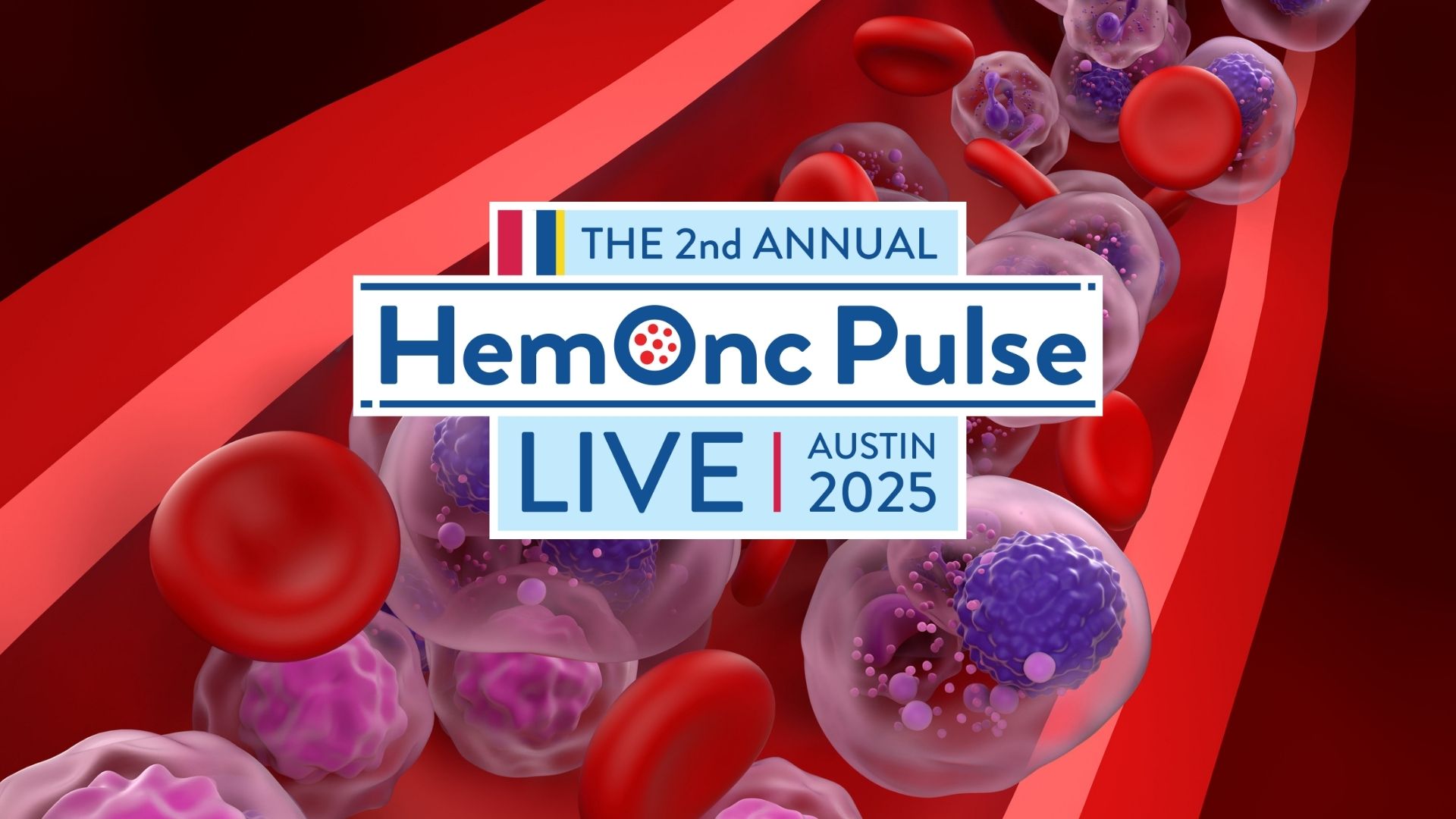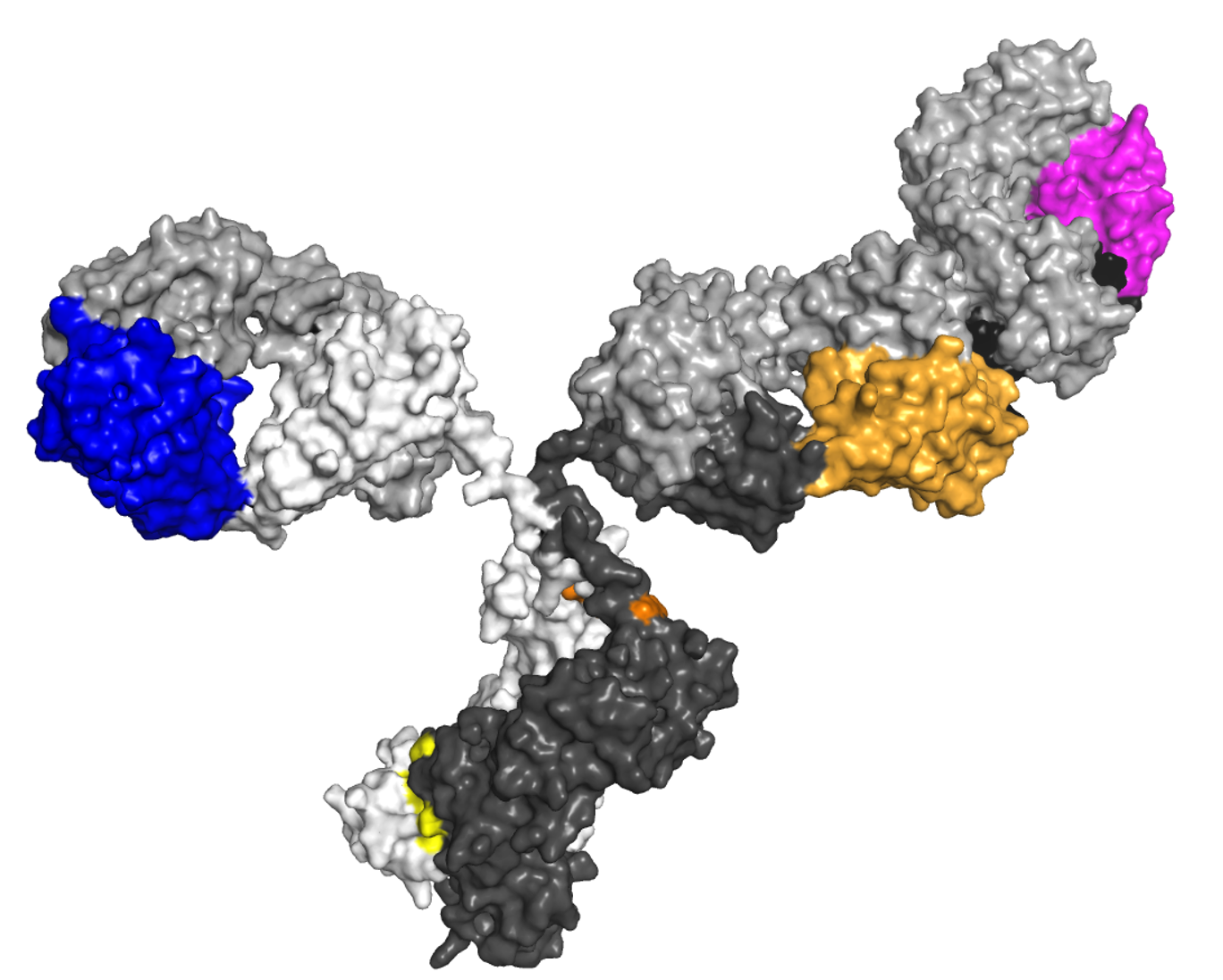Rafael Fonseca, MD, on CAR T-Cell Therapies in Earlier Myeloma Treatment Lines
By Rafael Fonseca, MD, Patrick Daly - Last Updated: January 4, 2024Rafael Fonseca, MD, of the Mayo Clinic in Phoenix, Arizona, spoke with Blood Cancers Today about recent data on idecabtagene vicleucel (ide-cel) from KarMMa-3 and other trials, particularly the potential for chimeric antigen receptor (CAR) T-cell therapies to be implemented in earlier lines of treatment for patients with multiple myeloma.
“We are likely to soon be using CAR-Ts for earlier lines of therapy in the treatment of patients with multiple myeloma,” he said. “While there’s a whole array of clinical trials that are exploring CAR-Ts as early as part of frontline therapy, and some studies have gone back to smoldering myeloma, the most immediate and real need is for us to be able to use them earlier in the course of the disease.”
Notably, Dr. Fonseca pointed out that the way lines of therapy have been discussed may need to be reevaluated.
“One of the things that we are reassessing is how to determine where in the treatment, the course of the disease, a patient is because, historically, we’ve talked about lines of therapy, and we’ve come to realize that’s actually an oversimplification and something that creates complications of its own,” he explained.
“The number of therapies really doesn’t matter that much. What matters is what drugs the patients have been exposed to and whether they would potentially be responsive to a similar agent, be that the same agent or something in the same class. I think as we move forward into the future, it is going to be more important to describe patients according to their predictive statuses for responsiveness to the drugs rather than which lines of therapy they are receiving.”






 © 2025 Mashup Media, LLC, a Formedics Property. All Rights Reserved.
© 2025 Mashup Media, LLC, a Formedics Property. All Rights Reserved.